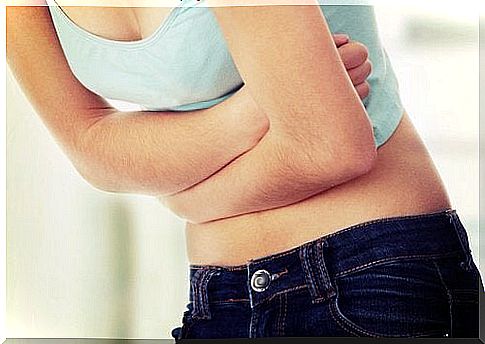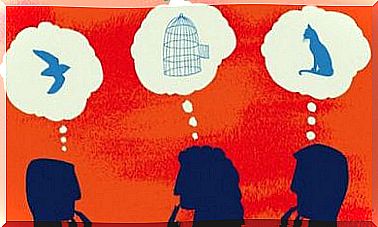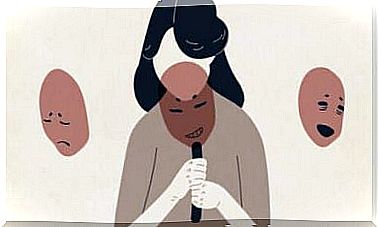Caffeine Poisoning – How Does It Come About?

Caffeine is a substance that occurs naturally in leaves and seeds. We can also make caffeine artificially and add it to certain foods and drinks. It is considered a stimulant substance because it activates the central nervous system and increases our alertness.
Caffeine is found in coffee, tea, many sports drinks, pain relievers, and other over-the-counter medications. Manufacturers are also increasingly using caffeine as an additive to dietary supplements. In its natural form, caffeine has a very bitter taste. However, most caffeinated drinks are processed to the point where they lose their bitter taste.
Most people experience a surge of energy, something like a “high”, after consuming caffeine. Caffeine can temporarily lift your mood, others say. Still others firmly believe that caffeine increases our alertness. Some people do not feel anything like this after ingesting beverages containing caffeine and therefore refrain from consuming them.
The secret of caffeine consumption is to drink caffeinated drinks in moderation. High doses of caffeine can cause anxiety, dizziness, headaches and nervousness. Caffeine can also disrupt our normal sleep behavior and cause us to disregard our biological sleep rhythm.
Caffeine can be addicting
Most experts agree that caffeine is not dangerous when consumed in moderation. As a guideline, experts state that an adult can consume between 200 mg and 300 mg of caffeine per day without having to worry about it.

But consuming as little as 100 mg of caffeine per day can make a person addicted. This means that he is developing withdrawal symptoms, such as B. Fatigue, irritability and headache when he suddenly stops taking caffeine.
As mentioned above, we get caffeine from a variety of sources, not just coffee. Over 85% of children and adults consume caffeine on a regular basis. This explains why some caffeine users exhibit symptoms similar to drug use, including tolerance and abstinence syndrome.
Caffeine poisoning
Caffeine poisoning is attested based on five or more signs and symptoms associated with recent caffeine consumption. So these only occur during or shortly after consuming caffeine. They can also occur with low doses of caffeine, especially in groups of people who are at increased risk, e.g. B. in children, the elderly or people who do not consume caffeine regularly and therefore tolerate it less well. Conversely, despite consuming large doses, caffeine poisoning may not occur if people have developed a high tolerance for the substance.
The symptoms of caffeine poisoning are: restlessness, nervousness, increased excitability, insomnia, facial flushing, diuresis and gastrointestinal complaints. Symptoms that occur after consuming more than 1 g of caffeine are: speech disorders, muscle cramps, tachycardia and cardiac arrhythmias, hyperactivity and psychomotor deficits.
Signs and symptoms should not be traceable to other illnesses. Likewise, the symptoms should not be explained by another mental disorder or poisoning with another substance. The criteria we have cited here come from the Diagnostic and Statistical Guide to Mental Disorders , the DSM-5.

Enjoyment in moderation is key and helps us avoid caffeine addiction
As in so many other areas of life, moderation is key. With high doses of caffeine, sensory disturbances, such as ringing in the ears and flickering eyes, can also occur. And while high doses of caffeine increase your heart rate, smaller doses can actually lower your heart rate – which is mostly found to be comfortable.
Caffeine has a half-life of around 4-6 hours. Therefore, symptoms of caffeine poisoning usually resolve within the first day and have no long-term consequences. Scientists have not yet been able to confirm whether excessive caffeine consumption can also cause chronic headaches.
However, if extremely high doses of caffeine are consumed, i.e. several grams, those affected should definitely consult a doctor. Such high doses can sometimes be fatal. As people get older, they also tend to be more responsive to caffeine.

Due to various factors, children and adolescents have an increased risk of poisoning. There is an additional risk for this age group, as they often have not yet developed any tolerance to caffeine. Children and adolescents also generally weigh less than adults, which is why the same amount of active ingredient corresponds to a higher dose, and they lack knowledge of the pharmacological effects of caffeine. After adolescents consumed over-the-counter products high in caffeine, researchers were able to identify characteristics of caffeine poisoning in them. These products include energy drinks.
So we shouldn’t underestimate the effects of caffeine. Caffeine poisoning can have a significant impact on our personal and professional lives. It can limit our work or school performance and our ability to regulate emotions. So let’s enjoy caffeine in moderation.









